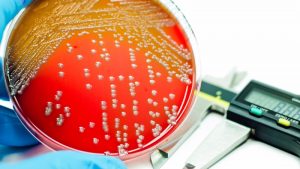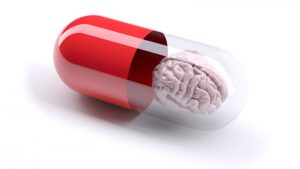As the integration of artificial intelligence (AI) into processes becomes more and more the norm, issues of privacy, bias, and accessibility all must be taken into account when considering what is ethical use of AI, a National Institute of Health (NIH) official said May 10.
The National Institute on Alcohol Abuse and Alcoholism, a division of the National Institutes of Health, just launched a competition for wearable devices capable of measuring blood alcohol in near-real time. The device ideally would be able to measure alcohol in the blood or fluid from the body’s cells, instead of the existing technology that measures alcohol via sweat.
The National Institutes of Health announced the selection of Maj. Gen. James K. Gilman as the chief executive officer of the NIH Clinical Center. He will begin in January 2017.
A team of scientists led by the National Institutes of Health published their analysis of using big data to track infectious diseases in The Journal of Infectious Diseases, and found that it can make surveillance more effective.
The National Institutes of Health announced the winners of the Design by Biomedical Undergraduate Teams Challenge, which included designs for smart pills and disposable sepsis detection chips.
A recent study by a team of National Institutes of Health researchers showed widespread support for the Precision Medicine Initiative Cohort Program, with more than half indicating they would be willing to participate in the program themselves.
The National Institutes of Health announced plans to fund a biobank to support the Precision Medicine Initiative and the Genomic Data Commons in an effort to increase data sharing more broadly across clinical and research fields.








